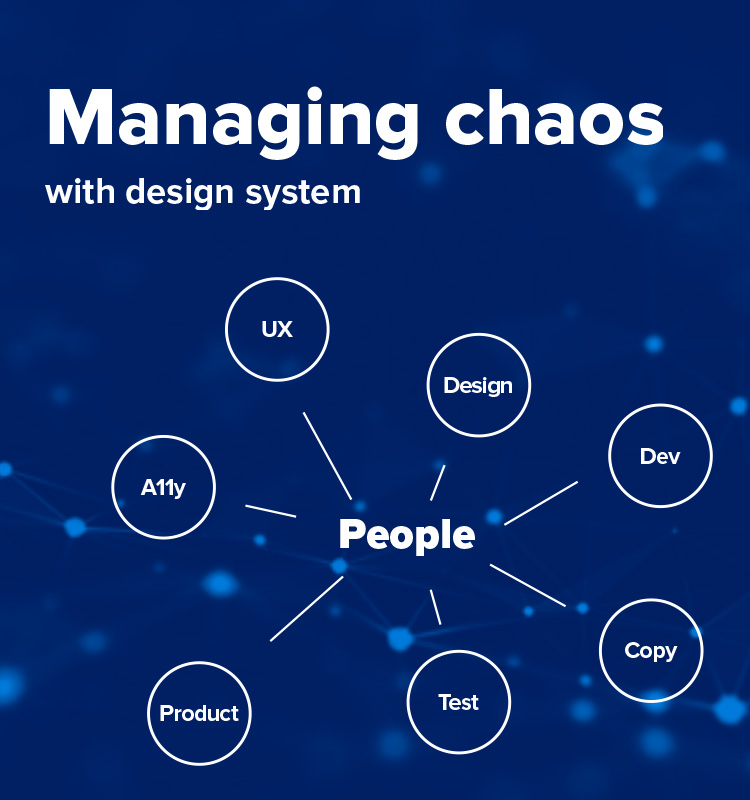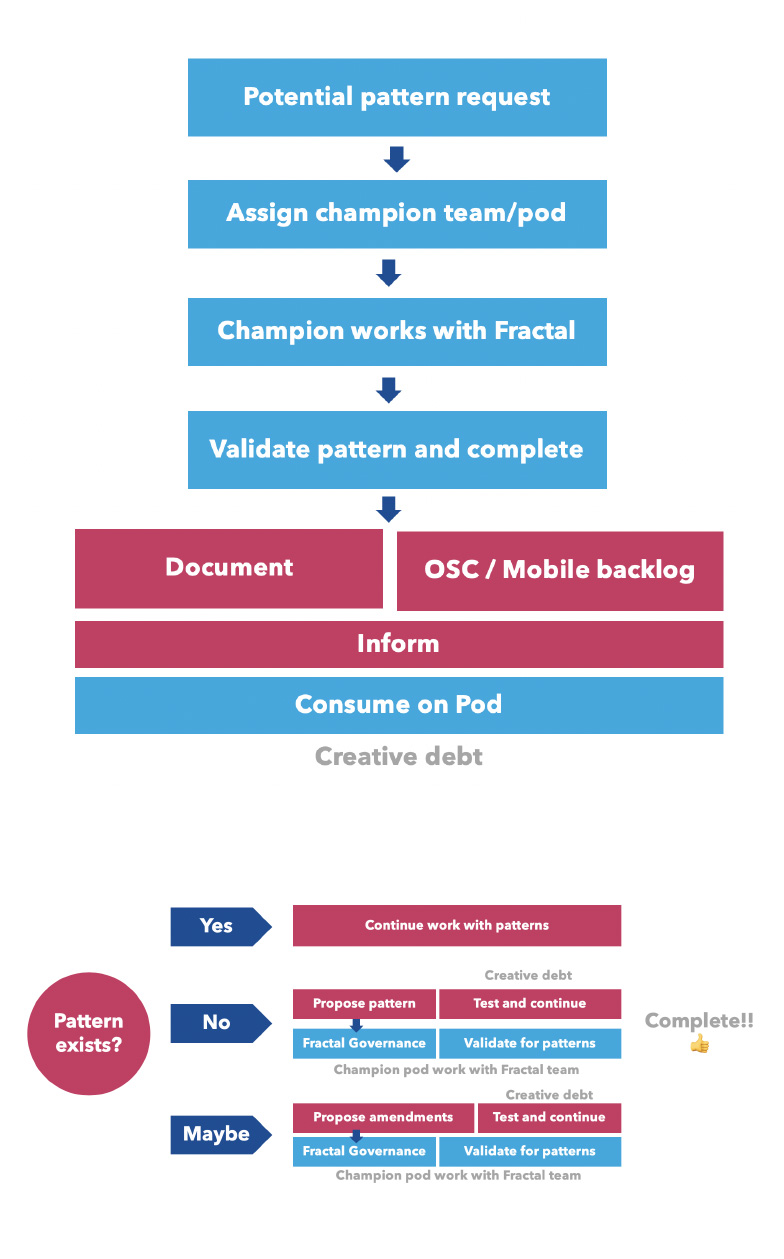Ella Design

Connecting all the dots
As the manager of design systems at Hilton, my primary role was to build and maintain a large system spanning web channels and mobile apps. I set goals, socialized and evangelized the system, and facilitated governance to ensure we delivered consistent, relevant experiences for our guests.
When teams had different priorities, dynamics, or end goals, maintaining consistency and efficiency became challenging.
Setting goals
To make the design system successful, it was important to establish clear goals so others understood the “why” and how we could help. This focus kept us aligned to our roadmap and made it easier to explain the value of a design system.
- 1 Seamless experience
- 2 Speed to market
- 3 Single source of truth
- 4 Design to scale
Define processes & governance
DThe design system improved how people worked together and spoke the same visual language. Because a large organization spans many global brands—each with its own business goals—it was essential to have strong processes so expectations were met.
We clarified when the design system team should be engaged, what should happen after a component was built, and what governance was required. These were critical processes to have in place.

Asset libraries & build
By focusing on the micro to benefit the macro, I helped create and maintain asset libraries so designers could efficiently assemble the experiences they envisioned. Using the same design asset libraries improved consistency from the very beginning because everyone used the same “Lego blocks” to build different kinds of experiences.
On the engineering side, we built patterns as reusable components that were thoroughly tested for usability and accessibility, ensuring inclusive design at every stage. The design system team worked closely with engineering partners to align on goals and deliver the shareable components we needed.

Documentation & guidelines
We maintained a living documentation site that included component examples, use cases, and best practices for UX, copy, and accessibility, helping us serve as the single source of truth. We also partnered with engineering to showcase real-world examples on the site and planned scorecards for each component as a future enhancement.

Hello, my name is
Socialization and onboarding were key parts of my job—after all, there was no point in building a world-class design system without buy-in. Our communication plan kept teams informed about new or updated patterns and encouraged questions. Onboarding new team members was also crucial so they could use the design system from day one.
… and this is just a quick overview. There was much more I want to share with you.
Let’s talk